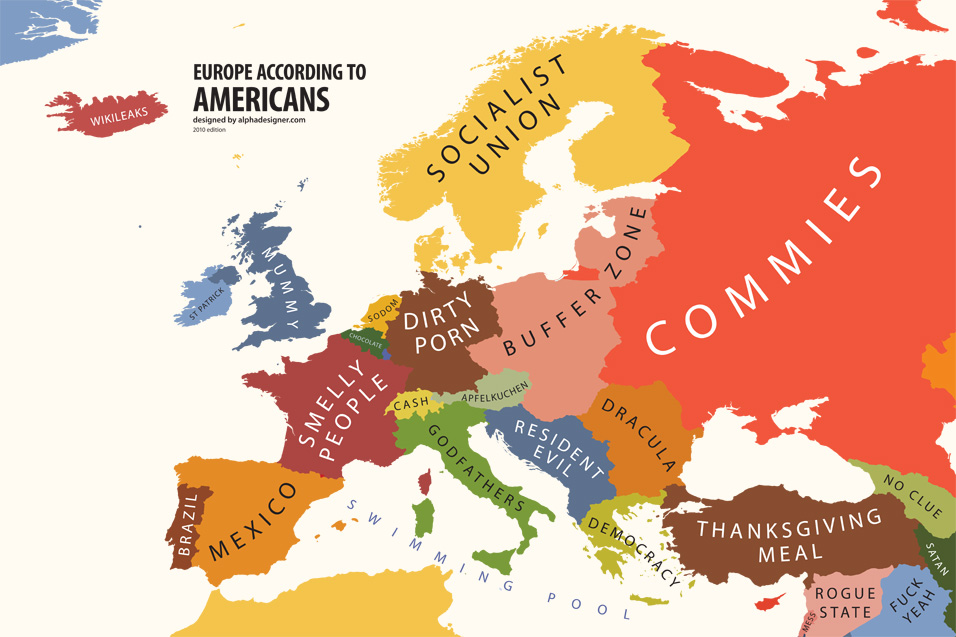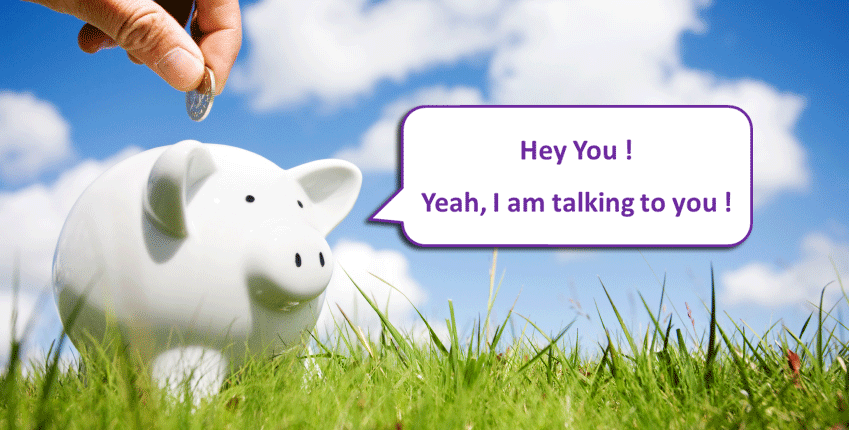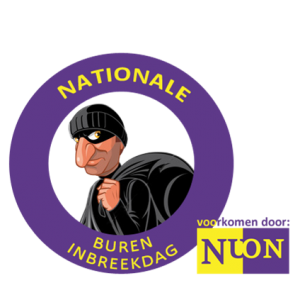Is there buzz in boring ? You bet.
Years ago I was called by the Dutch Ministry of Foreign Affairs. This was around the time of the referendum on the European Union’s Constitution. People did not see the EU as important and the government was worried that Joe Schmo would not care for more rules and bureaucracy. Although I had been approached by the broadest, varying set of possible clients, their question still surprised me: can you buzz the EU ? Without missing a beat, I replied: “of course”. Up to that point my team at Buzzer had at times been skeptical about my unwavering conviction that anything could be buzzed but I had yet to be proven wrong. This time I wasn’t sure myself. How much more abstract could you get ?

I met an old friend who was working at EZGov at the time. He told me how they had tried to show the benefits of e-government in Italy (EZgov sure knew how to pick a challenge) by doing a kind of participatory theatre play in a small city’s central courtyard: on one side you could line up to get a passport ‘Italian-style’, meaning 23 steps that would take you 3 years, on the other side you experienced the smooth-sailing e-process. I immediately spotted the opportunity.
 In the phonecall with the civil servant I excitedly explained that we would create a timemachine for the EU-citizen. Which would allow them to experience key activities (paying, getting permits, crossing the border) in the EU over the course of history. This, I explained, would make it possible to experience what otherwise could not be experienced as it had gradually evolved in 25 years: the benefits the EU had brought us. The civil servant exploded in enthusiasm. Of course, the whole project got lost in the Ministry’s hallways. When I taught an MBA class at the RSM (see the slideshare below, slides 41 & 42) I put the EU challenge among the cases the students had to solve. They came up with a promising alternative: experience the EU through the eyes of someone outside of the EU.
In the phonecall with the civil servant I excitedly explained that we would create a timemachine for the EU-citizen. Which would allow them to experience key activities (paying, getting permits, crossing the border) in the EU over the course of history. This, I explained, would make it possible to experience what otherwise could not be experienced as it had gradually evolved in 25 years: the benefits the EU had brought us. The civil servant exploded in enthusiasm. Of course, the whole project got lost in the Ministry’s hallways. When I taught an MBA class at the RSM (see the slideshare below, slides 41 & 42) I put the EU challenge among the cases the students had to solve. They came up with a promising alternative: experience the EU through the eyes of someone outside of the EU.
 Next patient was a pet health insurance company (did you know this was an entire industry ?) that was seriously insecure about their buzzability. With good reason: their product had not changed in 15 years and was the same as the entire industry’s. People only experienced the product under dire circumstances (loved pet suffering terrible disease) and would focus on the chances of recovery rather than the policy when speaking about the situation. The solution was simple: introduce an annual health scan for your pet. Great extra experience (pet is likely to be ok), you chat with more people because you can show you’re a caring boss and lastly: you’ve created a better product. Hallelujah ! Shouted the insurance person. Obviously, he faced the same type of people as the Ministry when he got back in th office and never got it passed his colleagues.
Next patient was a pet health insurance company (did you know this was an entire industry ?) that was seriously insecure about their buzzability. With good reason: their product had not changed in 15 years and was the same as the entire industry’s. People only experienced the product under dire circumstances (loved pet suffering terrible disease) and would focus on the chances of recovery rather than the policy when speaking about the situation. The solution was simple: introduce an annual health scan for your pet. Great extra experience (pet is likely to be ok), you chat with more people because you can show you’re a caring boss and lastly: you’ve created a better product. Hallelujah ! Shouted the insurance person. Obviously, he faced the same type of people as the Ministry when he got back in th office and never got it passed his colleagues.
More examples followed. A job (invite people to experience a day with a person in a similar job. In our times you could even put a GoPro on top of that person’s head and follow him/her online), an online investment product (play with fictitious money), A charity that builds houses (put webcams at the building site when they put in your window sill), loneliness (take away all their Facebook friends temporarily and block their smartphone). Patterns started to emerge:
- Some product benefits are experienced ov
 er a longer time. Losing the ‘triggering’, compact impression that gets people to talk about their experience. You need to shrink time or zoom in on (set of) a small sub-experiences.
er a longer time. Losing the ‘triggering’, compact impression that gets people to talk about their experience. You need to shrink time or zoom in on (set of) a small sub-experiences. - Some experiences are not immediately suitable for sharing. Meddling with the product and/or adding new experiences can do the trick.
- More abstract concepts (feelings, ideas) are more situational and thus do not have a concrete experience associated with them. But these can be simulated, provoked.
A savings account buzzable ? Recently I sat down with a large bank. In their eyes most of their products had no potential for being remarkable. I disagreed. They said no one would talk about their savings product. But what if you would save for something specific ? That you would like to talk about, like a trip around the world, a new business or another kind of experience ? And what if your savings product would tell you each period how much closer you had gotten to doing it ? Or explain how you could get that moment closer by taking certain actions ? Or even: which other ‘savers’ have similar plans and which parties can help you realize your objective ? A savings account that talks, listens to you and brings you in contact with others. Imagine that.
It’s National Burglary Day ! If you sell a DIY burglary kit, you are effectively selling a rather abstract feeling, namely home safety. Get a group of people to test it and organize a National Burglary Day. Your testers invite their neighbours to try and break into your house while you see the kit in action lying in waiting on the first floor. Your neighbours’s videotaped attempt will go online and further boost the buzz. Proposed to a large utilities company that loved the concept but went for brochures instead ; )
I made you read a lot. Sorry. Now just undergo the last recent and brilliant example while watching the video. How do you make Alzheimer’s buzzable ?
Bottomline. Many marketers believe their products will never inspire, trigger people and benefit from word of mouth as the experience does not allow that. I believe they are wrong. It is not just possible to make these products, ideas and concepts more remarkable, it is relatively easy to extremify your experience. If you take that step, your customers will love you for it and the world will pay attention.
If you are still in doubt or want more examples, comment with your example and I’ll give it a go !










